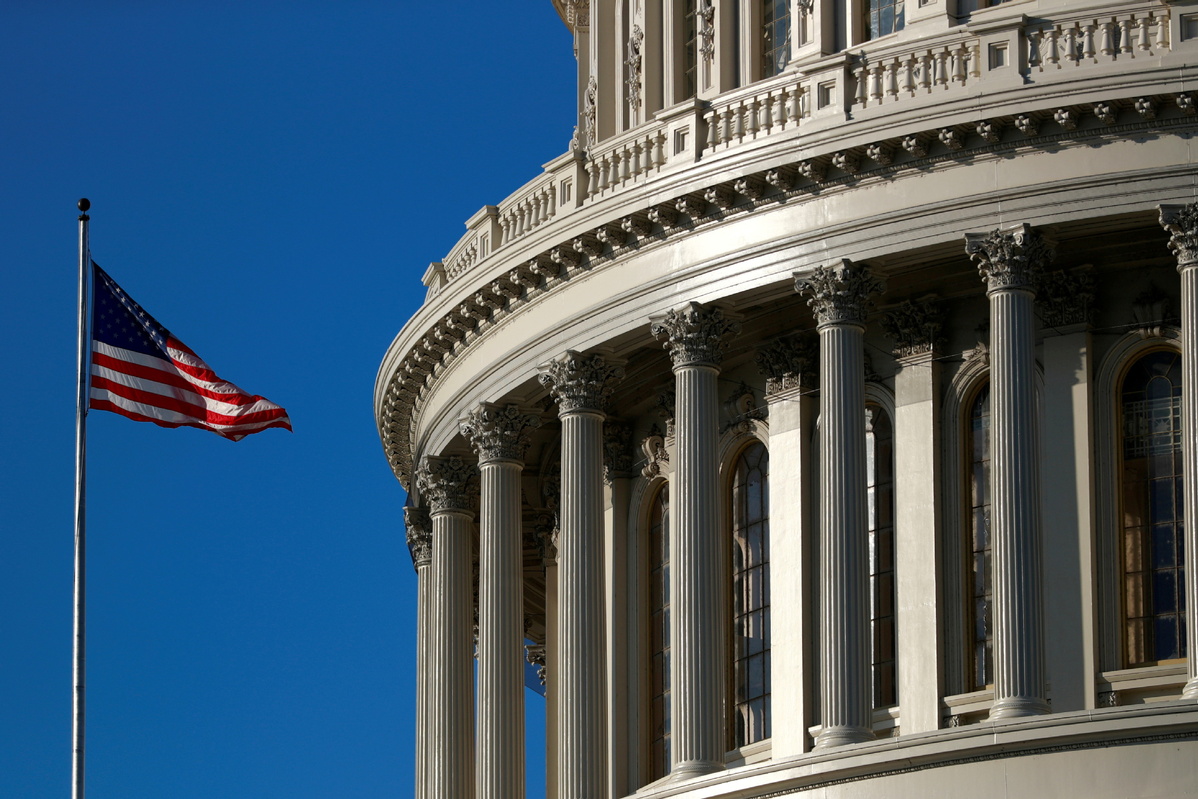Polestar: US Proposal on Chinese Automobile Software Will Cut Off Its Sales in US
As a car brand built by Geely Group and geared toward globalization, Polestar, like Volvo, has long been deeply rooted in developed markets such as Europe and the U.S.
And as one of the few Chinese automakers to both assemble and sell in the U.S., it officially started U.S. production in March this year, with deliveries to American customers starting in the third quarter. A spokesperson for the company had previously stated that U.S.-produced Polestar models will be exported to Europe in the future.
Since Polestar operates out of Volvo’s U.S. plant in South Carolina, it has not expressed much concern over U.S. moves to impose tariffs on imported cars from China.
All Polestar CEO Thomas Ingenlath has said on the subject, at [this year’s] launch of the Polestar 3 and Polestar 4 in Spain, is that “There is a certain erratic-ness that comes with [the U.S.] going from one day to the next to 100 percent tariffs.”
Of course, thanks to its numerous partner factories around the world, Polestar has a certain ability to circumvent tax-rate blockades in many countries. In the past, for example, Polestar has stated that it can continue to produce at the Renault plant in South Korea, thus avoiding U.S. tariffs.
However, as the U.S. car blockade against China has become more frenzied by the day, so too has Polestar felt the threat of political factors in the U.S. Department of Commerce’s latest proposal.
In comments submitted to the Department of Commerce, the company stated that the Biden administration’s proposed rule on banning Chinese-connected cars from American roads would prohibit Polestar vehicles produced in South Carolina and those produced in China from being sold in the U.S. market.
Most of its business is conducted outside of China, Polestar said, and seven of its 10 directors either come from Europe or the U.S. Furthermore, the company employs approximately 2,800 staff worldwide, only 280 of which are in China.
Polestar also called on the Commerce Department to consider whether such a regulation could shut down the operations of a company that is legally established in the U.S. and holds significant investments there, and, more importantly, whether it could allay so-called national security concerns in the U.S. proposal, given its many employees and key decision-making departments located in both the U.S. and among its allies.
In reality, Chinese auto products sold in the U.S. may not be the intended target of the Biden administration’s ban. In May of this year, the Commerce Department stated that under the proposed regulation, the U.S. would stop the importation of Chinese cars.
According to U.S. government statistics, currently only four car [brands] sold in the U.S. are produced in China: the Lincoln Nautilus, the Buick Envision, the Polestar 2, and the Volvo S90.
Therefore, the car companies affected by the proposal include not only Polestar, but also two American car companies: Ford and General Motors. Ford has already commented that the proposed rule “could be interpreted to prohibit the sale of completed connected vehicles by U.S. automakers if those vehicles were assembled within the jurisdiction of a foreign adversary such as by a foreign affiliate of a domestic U.S. automaker.”
Ford went on to say that the Commerce Department should clarify that the vehicle import ban “does not turn on the place where a connected vehicle’s final assembly happens to occur,” but on whether it meets software and hardware requirements.
For Polestar, the inability to sell its products in the U.S. would undoubtedly deal a further blow to what has already been an unsatisfactory 2024.
As a brand that has targeted global markets since its inception, Polestar’s operating model involves selling electric vehicles around the world by marrying the Chinese electric vehicle supply chain and Volvo Cars’ international brand influence.
Prior to the Polestar 3 being produced in the U.S., Polestar Technology CEO Shen Ziyu said that all vehicles sold on the European and U.S. markets were made in China. Furthermore, according to Kelley Blue Book figures, in the first half of 2024, the brand sold 3,555 Polestar 2 electric sedans in the U.S., already accounting for nearly one-sixth of the brand’s global sales.
But with global demand for EVs declining this year, Polestar’s sales of 22,000 vehicles in the first half of the year still fall far short of the 55,000 vehicles sold in all of last year. Therefore, U.S.-manufactured Polestar products do not just bear the responsibility for broadening the company’s foothold in the North American market — they also need to continue expanding its international influence.
However, Polestar, which was supposed to have been built at lower prices in local U.S. factories, failed to wait for the U.S. market’s recovery and growth, as expected. Instead, it faced a new round of decisions about whether to stay or leave under the U.S.’ increasingly extreme trade policy toward China.
And even though the U.S. stock-market-listed company was once at risk of being delisted from the Nasdaq, both Geely Group and Polestar itself have always been adamant that they will not give up on the brand and its international qualities and labels.
Now that the U.S. attitude and policy toward Chinese automobiles is virtually a foregone conclusion, how Polestar chooses to move forward will be something worth paying attention to.


